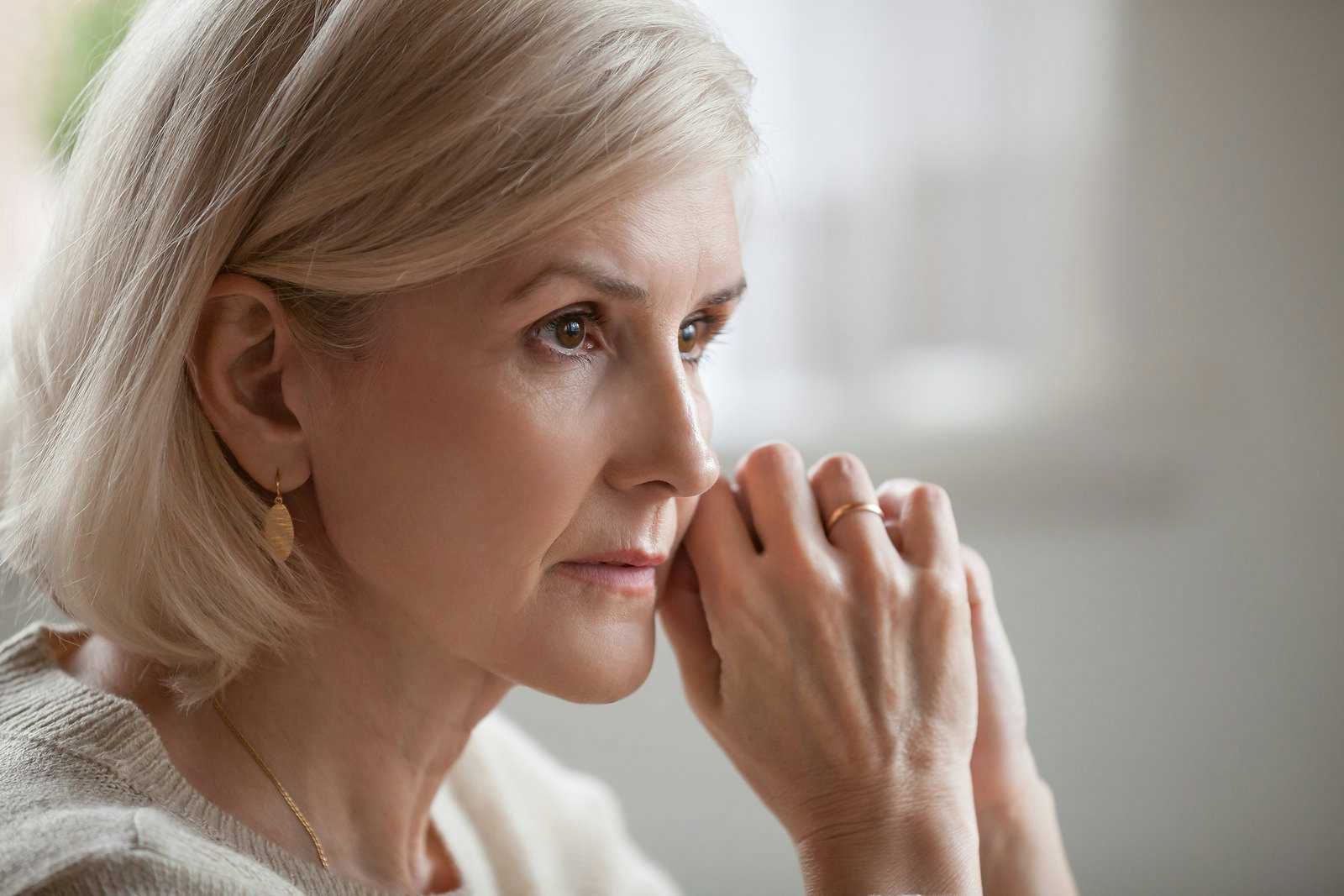
Not surprisingly, the pandemic that has many people trapped in their homes and others putting their lives on the line as they do essential work has affected mental health as well as physical health. COVID-19 is making a lot of Americans anxious and depressed.
How Do We Know?
Express Scripts, a pharmacy benefit manager, says that prescriptions for sleeping pills, anxiety medicines and antidepressants all increased significantly from February to March. Scripts for anti-anxiety medicines such as alprazolam or diazepam went up 34 percent during that time. Fear of infection is a rational response to the coronavirus sweeping the globe. In addition to concerns for their own health, many people are worried about relatives in high-risk categories. They may also be anxious for those whose jobs put them in harm’s way or whose jobs have disappeared. With well over 40,000 deaths due to COVID-19, a lot of people are grieving the loss of loved ones. No wonder they are feeling anxious and depressed!
New Prescriptions Signal New Problems:
Express Scripts reports that about three-fourths of the prescriptions for such mental health medications were new rather than refills. As a result, we can conclude that more people than ever are dealing with anxiety, insomnia and depression. Rising unemployment numbers suggest that people will continue being anxious and depressed until the country is able to overcome the pandemic’s threats to their livelihoods and their health.
Prescriptions Are Not the Only Solution for Those Who Are Anxious and Depressed:
Although it may be difficult to imagine, there are nondrug approaches that can work quite well for insomnia and depression. Some of these may be less accessible during the pandemic. For example, exercise can be an effective measure against anxiety as well as depression and sleep problems. However, in some places lockdown regulations meant to reduce the risk of infection may make it difficult to get out. A run or even a brisk walk may not be feasible. On the other hand, you can learn more about such options in our eGuides to Dealing with Depression and Getting a Good Night’s Sleep. Finding ways to connect to those you care about via phone, text message or video link can also help combat isolation, anxiety and depression.

